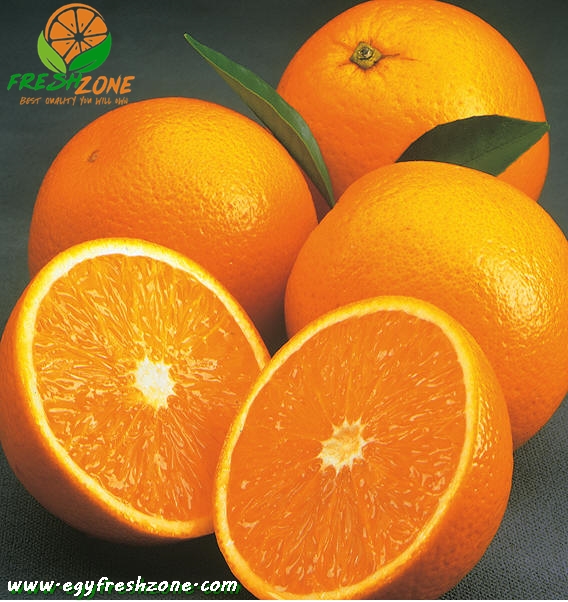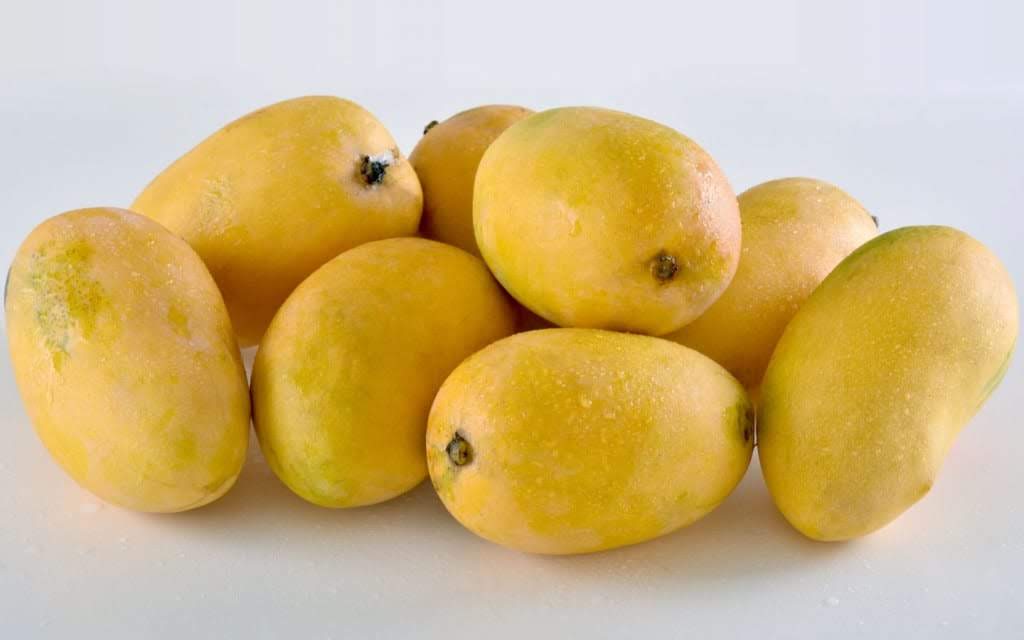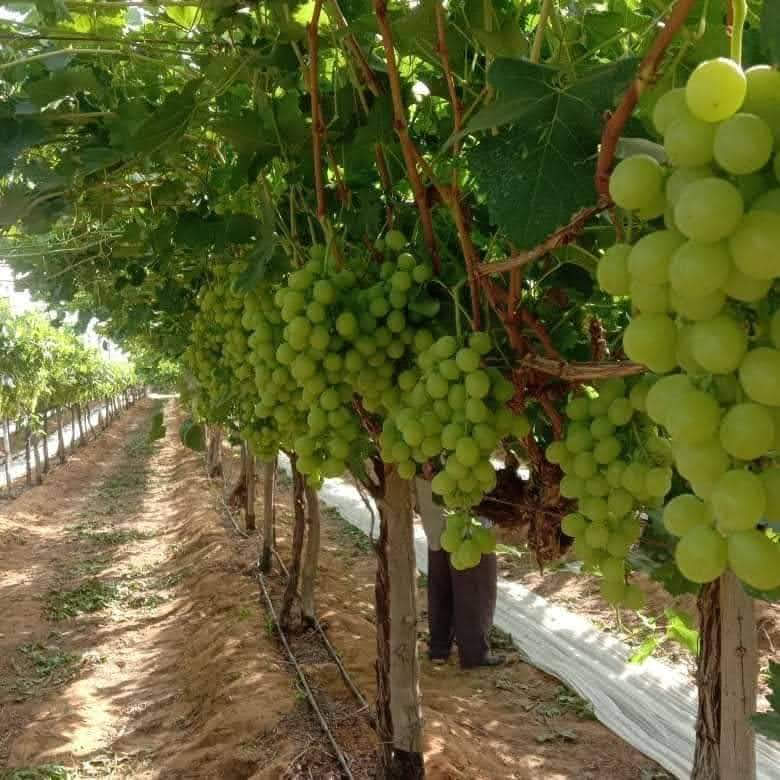Egypt consolidates itself as the world’s leading exporter of Valencia orange
Egypt has become the world’s largest exporter of valencia orange, taking the position away from Spain. Even though 95% of Egypt’s surface is desert, the country has nearly 168,000 hectares of orange trees spread through its arid geography as if they were a mirage; and not only in areas of the Nile delta, since 60% of them are located in reclaimed desert areas.
The orange is the most cultivated citrus in the country, accounting for 80% of the total citrus production, and the Valencia variety is, by far, the most planted variety.
“In recent years, Spanish producers have not shown much interest in the Valencia variety. They have preferred to plant easy-to-peel citrus fruits, while producers in Egypt opted to plant more oranges, mostly of the Valencia variety,” stated Mahmud Shishini, the commercial director of Mafa, one of the most thriving agricultural companies in Egypt.
His company received support from Israeli agricultural experts after the 1979 peace agreement between the two countries and was the company that, three decades ago, introduced the seed of the Valencia orange that the country currently grows.
“It is a type of orange that is distinguished by its good quality and that is much cheaper than other varieties,” says Abdelkader Hasan, owner of a major agricultural export company. A combination of factors explains the success of this type of citrus in what was once barren land. “For starters, it is a seed that everyone knows and knows how to plant. In addition, it is a simple and very durable variety. The third factor is that the climate here is ideal. Finally, Spain can have a limited space to grow this fruit, but if we have water we can plant it in hundreds if not thousands of hectares. It is an investment model that is easy to replicate,” says Shishini.

In 2019, the last year for which there are records, Egypt shipped around 1.8 million tons of oranges abroad, slightly more than Spain, according to data from the International Trade Center, a joint agency of the World Trade Organization and United Nations. Both, however, are a long way from the third-largest producer, South Africa.
The main markets for Egyptian oranges are Russia, Saudi Arabia, China, the Netherlands – considered the door to Europe – and the United Arab Emirates. In the last year, however, the Arab country has achieved new markets for its oranges, which have reached destinations as diverse as Brazil, New Zealand, or Japan.

Brazil opened its market to citrus fruits from Egypt as a result of a Mercosur-Egypt free trade agreement, which includes Brazil, Argentina, Uruguay, and Paraguay. According to estimates by the Brazilian Arab Chamber of Commerce, the Egyptian orange could lead the Brazilian market within two years.
Sources :





